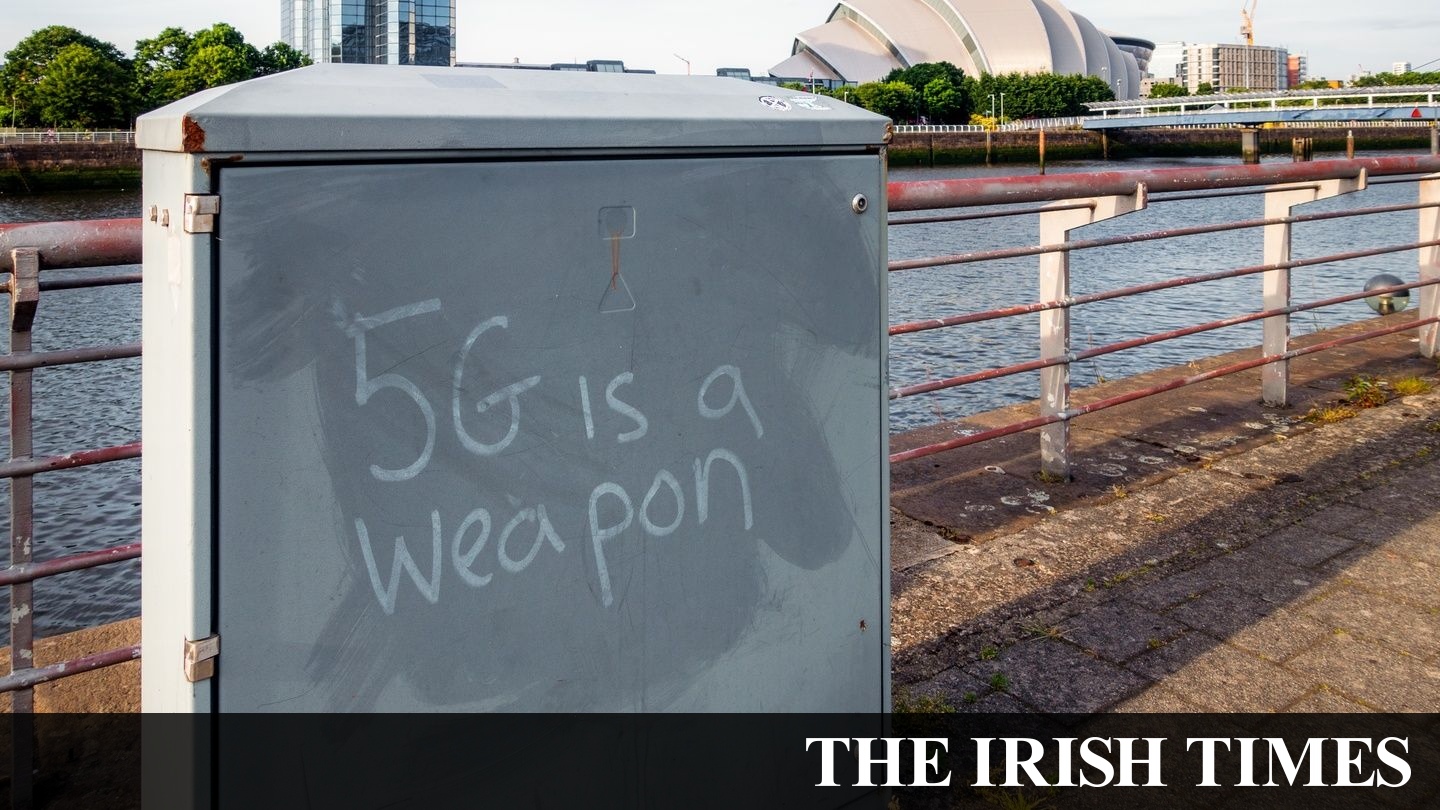Conspiracy theories stubbornly impervious to scientific method

Conspiracy theories abound in today’s world: who killed JFK, who killed Princess Diana, “cover-up” of alien landings, “fake” Apollo moon landings, Covid-19 conspiracy theories, “new world order” conspiracy theories, the disturbing American QAnon phenomenon, and many more. A surprising number and diversity of people subscribe to conspiracy theories and it would be very unwise either to ignore or to patronise this phenomenon.
In the context of this article a conspiracy theory rejects the standard explanation for an event and credits a covert group with carrying out a secret plot. Usually the “conspiracy” rests on little or no standard evidence.
Public distrust
Esther Addley reported on a large-scale international study by Cambridge University and YouGov researchers in the Guardian in November 2018. This study uncovered a pattern of deep and widespread public distrust of authority across Europe and the United States. The findings included: 60 per cent of Britons believed at least one conspiracy theory about how the country was run or about the truthfulness of information they had been given; 47 per cent of Brexit voters and 14 per cent of Remain voters believed government concealed truth about how many immigrants live in the UK; 13 per cent of British voters believed the world is run by a secret cabal; 77 per cent of UK citizens distrusted journalists; 47 per cent of Trump voters believed global warming was a hoax; 20 per cent of Americans believed autism and vaccination are linked.
There are several Covid-19 conspiracy theories. I will mention only one – Covid-19 is caused by 5G technology, the current and fifth generation of mobile internet connections allowing faster and denser data download. 5G uses radio waves, members of the family of natural electromagnetic waves that also includes ultraviolet light, visible light and infrared light. There is no scientific evidence for the Covid-19/5G hypothesis, only evidence against it. Science tells us the Covid virus is transmitted via respiratory droplets and you cannot transmit droplets through waves. Conspiracists claim 5G weakens the immune system (this claim was also made when 1G, 2G, 3G, 4G and wifi were first introduced) whereas science tells us that 5G radiation is too weak to disrupt human cells. Also, Covid-19 is spreading rapidly in countries such as Iran that have no 5G network.
A recent article by Emily Reynolds in Research Digest, British Psychological Society, discusses how one should talk to people who believe in conspiracy theories. Reynolds explains it is extremely difficult to change the mind of anybody convinced of a conspiracy theory. However, anti-conspiracy theory arguments can be effective when made before the conspiracy theory is established, when people can be successfully encouraged to think critically.
Reynolds explains that conspiracy theories are “self-sealing”, ie evidence is powerless to dislodge them. Absence of evidence is interpreted as evidence for the theory. You say: “There is no evidence 5G causes Covid-19” – and receive the reply: “That’s how good they are at hiding the evidence.”
Empathy
There is little point in dismissing conspiracist thinking and, if the conspiracist is close to you, dismissal risks damaging a personal relationship. While you should explain your belief that the conspiracy theory is false – lack of evidence, alternative clear scientific explanations, etc – it is also important to empathise with the other person.
People with frustrated psychological needs, weak capacity for critical thinking, heavy reliance on intuition (gut feelings) rather than data and a low level of scepticism are drawn to conspiracy theories.
We all feel the need to know the truth, to feel safe and to enjoy high self-esteem. For example, if you feel very anxious about the Covid pandemic you will be attracted to theories claiming the whole thing is a hoax because this will help you feel safe. And, if you feel very anxious about a particular political situation you will be attracted to bold solutions to questions that are fundamentally unanswerable.
Indeed the occasional scientifically literate person who scores highly on rational and intellectual metrics will not accept the scientific consensus on issues such as global warming and vaccination, probably out of a deep-seated emotional need to support their favoured ideology or worldview. But I do not include in this category scientists who have genuinely uncovered scientific evidence in support of a minority position. Their evidence must be accepted, modified or rejected entirely through debate within the scientific community.
William Reville is an emeritus professor of biochemistry at UCC


